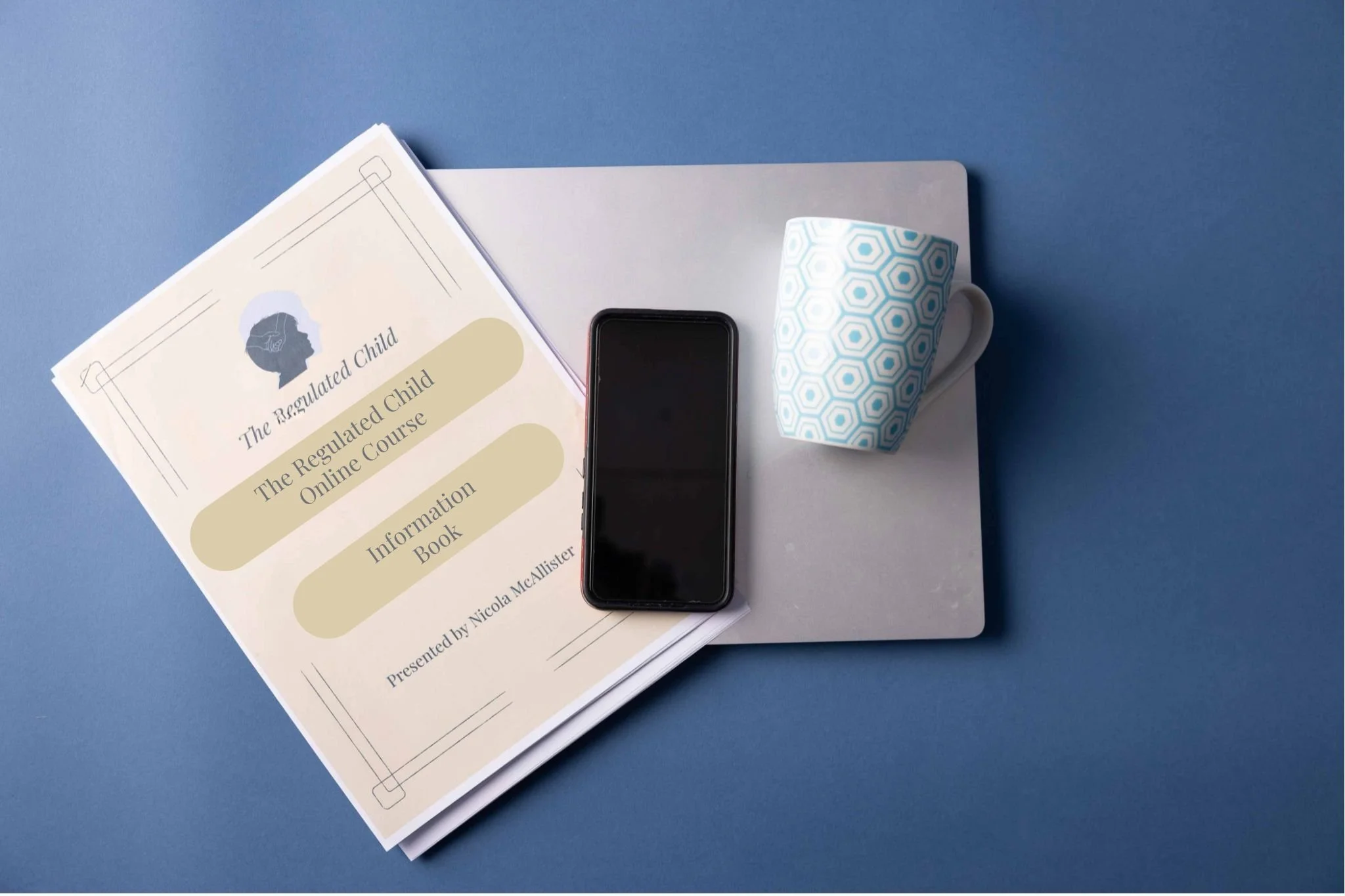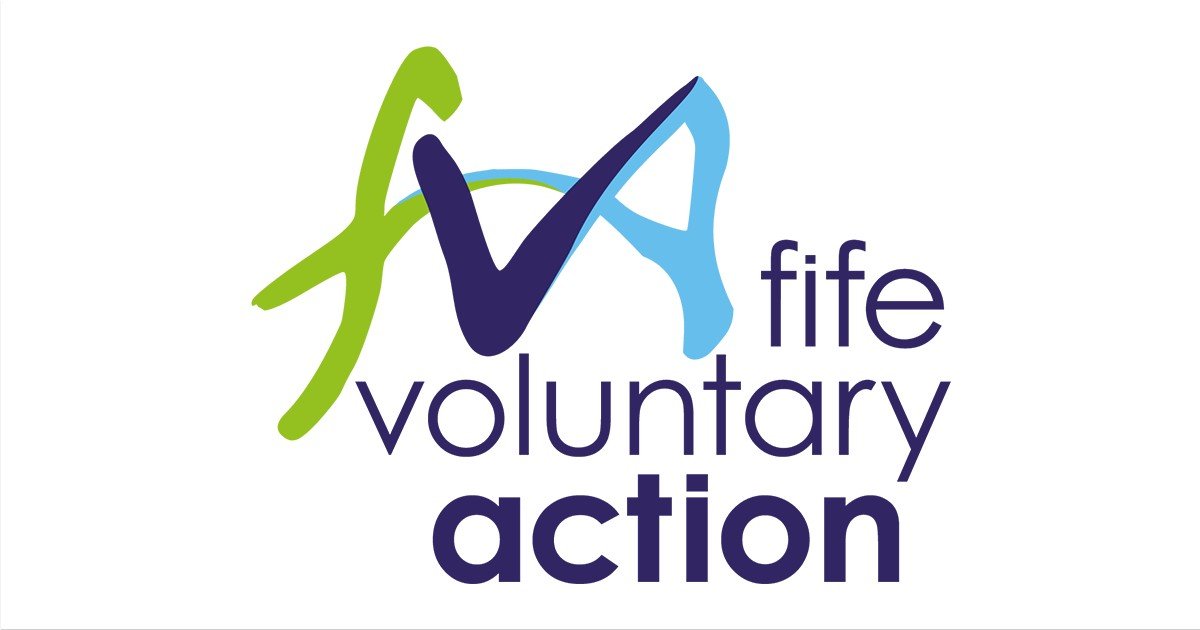Welcome to The Regulated Child with Nicola McAllister.

Supporting children who experience the world differently.
Strengthening relationships, regulation and resilience.
Self-regulation changes everything.
As parents and professionals, we tend to track milestones such as walking, talking, reading, and writing — and rightly so. But we don’t always give the same attention to a child’s ability to regulate their emotions and stress responses. And yet, this skill underpins everything. Without the capacity to self-regulate, children can struggle with behaviour, learning, relationships, transitions, and problem solving — at home, in school and in the community.
For those children who experience the world differently whether as a result of neurodivergence or early childhood trauma, everyday expectations, routines and interactions can overwhelm their internal system. This constant overwhelm further inhibits the development of self-regulation and essential executive functions such as emotional regulation, impulse control and self-monitoring.
Self-regulation doesn’t develop by completing worksheets or having it explained. It strengthens through repeated, intentional, and co-regulated experiences with a consistent and emotionally available adult — the master regulator.
When we invest in self-regulation, we’re investing in every other area of development too.
Supporting the development of self-regulation requires knowledge, skill, collaboration and intentional interactions. Through our training and coaching programmes at The Regulated Child we will provide you with a simple framework and practical tools that you can utilise throughout everyday routines that strengthen self-regulation.
Your Regulated Services
-

Online Course
The Regulated Child online course is a comprehensive yet accessible online training programme for parents, carers, adopters and professionals. It will provide you with both the knowledge and understanding of why children behave in the way that they do while providing you with lots of practical suggestions of how you can support the development of regulation and resilience in your own setting.
-

Parent Coaching
Whether you are a birth parent, carer or adoptive parent, caring for a child who doesn’t respond to typical parenting approaches can be both stressful and worrying. We understand this at The Regulated Child. Our parent coaching service is designed to help you better understand your child’s unique needs and how you an better meet those needs while strengthening their emotional regulation. Our sessions offer a safe, compassionate space for you to learn and grow.
-

Training and Support for Schools
The context in which we teach has changed dramatically over recent years, to be successful we must adapt our teaching approaches and environments to support regulation and engagement. By having a better understanding of the developmental needs and stage of pupils and the importance of predictability and collaboration in reducing stress responses we can create regulated classrooms in which students and staff can thrive.
Our training and support programmes are suitable for all education settings from early years through to further education and are adapted for you specific context.
-

Training for Your Organisation
We offer a suite of training and support packages for your organisation which develop staff’s understanding of distressed behaviour and how they can respond in ways that develop relationships, provide opportunities for repair and strengthen regulation in children and young people. Training is participative and reflective, building on the existing skill set of participants while providing them with practical ideas that will have a positive impact on their practice and the children and young people they support.
-

Fostering and Adoption Programme
Caring for a child who has experienced insecure attachments and developmental trauma requires a different level of parenting. Typical parenting approaches are ineffective and can retraumatise. It is essential that adoptive parents and carers have a sound understanding of the impact of trauma, where their child is functioning developmentally and how to intentionally support the development of core skills and capabilities.
Our comprehensive training and ongoing support programme for Fostering and Adoption organisations, provides, adoptive parents, carers and staff with the knowledge, skills and support that the need to sooth stress responses, nurture relationships and strengthen regulation.
-

Workshops and Webinars
Life is busy and we don’t always have time to develop our knowledge, understanding and skill base even although we know that it would make a big difference to ourselves and the children and young people we support and care for.
The Regulated Child regularly delivers live, online workshops and webinars that will provide you with all that you need to better understand child development, behaviour, relationships and regulation while providing you with lots of practical ideas and inspiration.
Working in association with:
What they say.
-
Nicola clearly speaks from a professional and personal perspective that brought experience and knowledge to her training. As practitioners, we all like to take away practical ideas for supporting children in our nursery and classrooms and we will definitely use lots of the practical tools and techniques discussed in her presentation.
Sally Ann Johnson | Robert Gordon’s College | DHT
-
I learned so much during Nicola's presentation, about how the brain and body respond to external stressors, how the child's behaviour is a reflection of the child's inner needs, and of the importance of being able to regulate emotions, etc. etc.! There was so much covered in such a short space of time! I want to learn more, as regards my work, I am an assessing social worker who works with fostering applicants, and I also supervise foster carers. In each situation we always talk about the impact of trauma on children and therapeutic parenting /PACE. This session brought the concept to life so to speak, Nicola made the subject more "user friendly" and therefore I feel that I could talk to the people I am working with in a more informative manner.
Distressed not Difficult: Recognise & Communicate with Traumatised Children | Children in Scotland
-
Nicola takes you on a journey of gentle reflection and discovery, whilst considering approaches and behaviour through a lens of therapeutic parenting techniques. Her expertise drawn from professional and personal experience is delivered in a straightforward non jargonistic manner which enables attendees to be curious and wonder about their own parenting. It culminates in being curious and wondering about how parents/carers/teachers can themselves adapt to provide the optimal base for individual children to grow and develop.
Ruth Caldwell | Fostering Service | Learning and Development Manager










